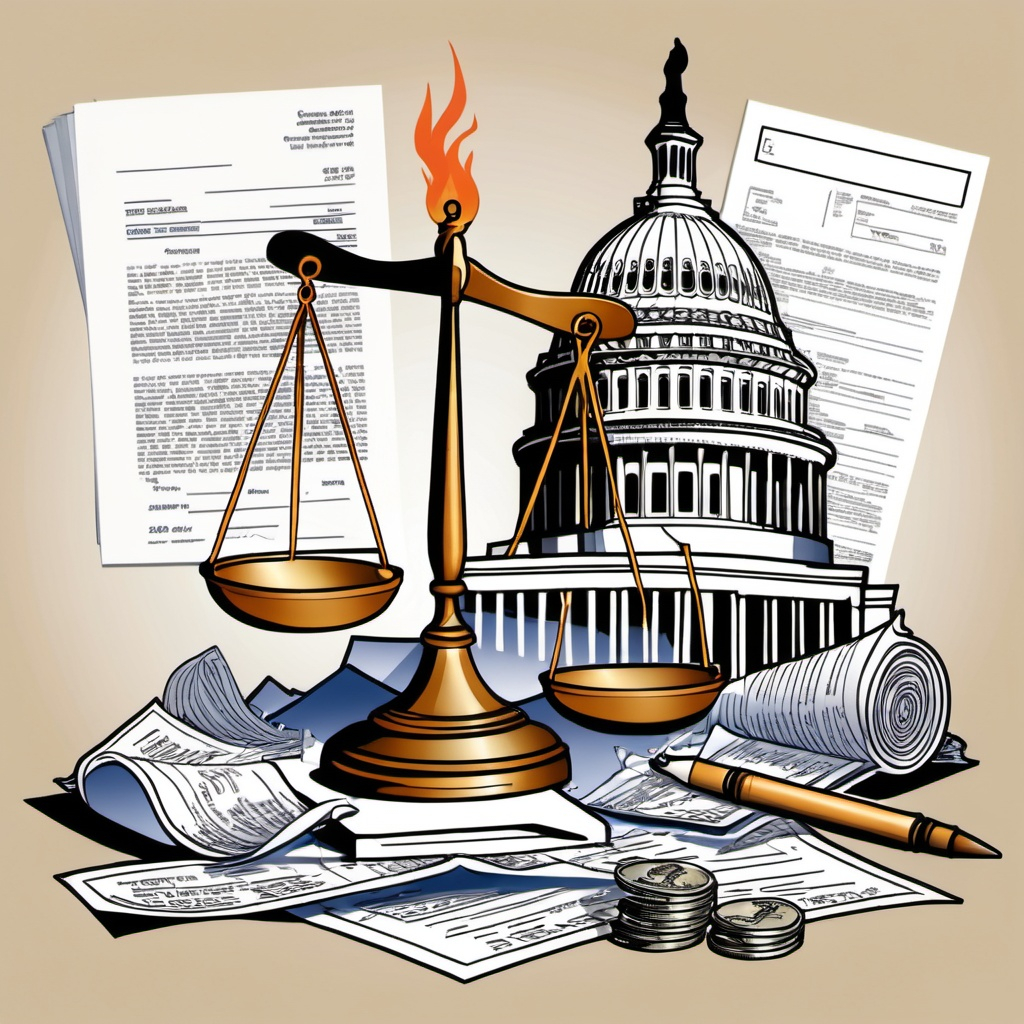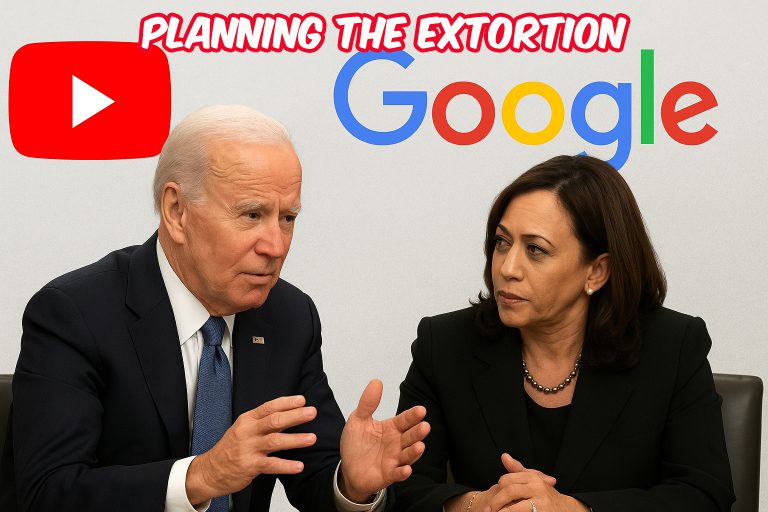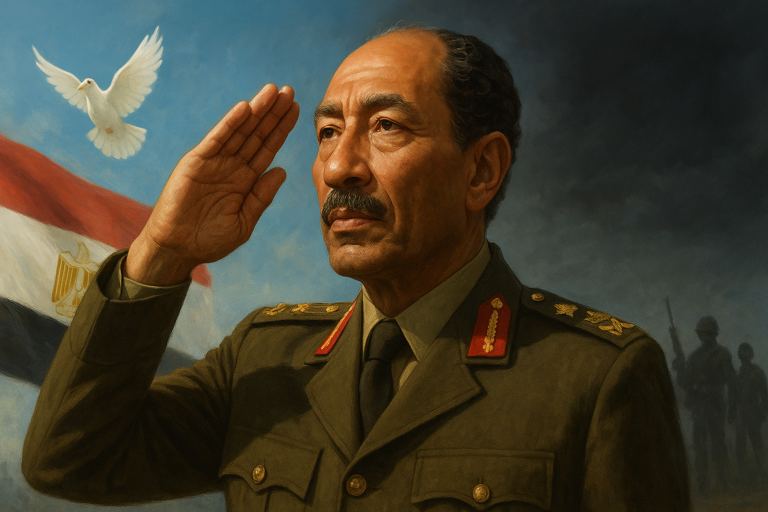
Economic implications of the January 6 Capitol riot convictions: A cost-and-consequence analysis.
Economic Implications of the January 6th Convictions: Costs, Trust, and Future Impacts
The demonstrations at the Capitol on January 6, 2021 not only left an indelible mark on American political history, but also generated a series of economic consequences that continue to reverberate across the country. As sentences are imposed on participants in this movement, many of whom were demanding an investigation into voter fraud in the 2020 presidential election, the economic implications of these trials are becoming more apparent. This article explores the economic impact of the convictions, both locally and nationally, and analyzes the costs associated with the judicial system, the impact on public trust, and the potential long-term repercussions, including the influence these events could have on future protests and demonstrations. In addition, the FBI’s role in the riots and the conduct of the investigations is addressed, as well as the controversy over the possible involvement of some members of the Black Lives Matter movement in the demonstration.
The costs associated with the judicial system
One of the most immediate effects of the convictions of January 6, 2021, is the significant increase in the costs associated with the American judicial system. Participants in the demonstration at the Capitol have faced a range of charges, ranging from disorderly conduct to seditious conspiracy. The high-profile trials have not only required significant judicial resources, but have also generated additional costs for security forces and the institutions charged with prosecuting the accused.
The judicial process has involved the mobilization of thousands of officials, from prosecutors to judges and defense attorneys. In addition, the costs of imprisonment and monitoring of the convicted, many of whom face long sentences, are significant. According to estimates, the costs of incarceration and supervision of the convicted in the long term could amount to hundreds of millions of dollars, depending on the length of the sentences and the number of people involved.
However, the economic impact is not limited to these direct expenses. The social tensions generated by the riots have contributed to further polarization in American society, which has affected the economic stability of certain regions. Businesses and stores in areas close to the Capitol, for example, faced significant disruptions during and after the events, resulting in financial losses.
The impact on public trust
One of the most subtle, yet profound, effects of the January 6 riots has been the erosion of public trust in America’s democratic institutions. Going to the Capitol, driven by the belief that there was massive electoral fraud where evidence is all too often present, and a number of media outlets hiding or lying about the facts, has fueled conspiracy theories. This widespread distrust has had a direct impact on the economy, as it reduces citizens’ willingness to invest in institutions that have become corrupt or ineffective.
The lack of trust also affects relations between government and businesses, especially those operating in regulated sectors. The perception of political instability can deter investors, potentially slowing economic growth and increasing volatility in financial markets.
In addition, increasing political polarization is also affecting small businesses. Business owners, particularly those located in politically divided states, may face pressure to align with certain ideologies or face boycotts. This has affected economic activity in certain areas of the country and led to organized protests, leading to additional costs in terms of safety and security.
Influence on future protests and demonstrations
One of the key questions following the Capitol riots is whether this event could have a domino effect on future protests and demonstrations. While demonstrations around political violence have been common in the United States over the past sixteen years, the magnitude and impact of the January 6 riots could have set a dangerous precedent.
The economic consequences of future violent protests could include increased security expenses, legal costs, and possibly property damage. The storming of the Capitol could also influence how authorities respond to future protest movements, potentially leading to increased militarization of police forces and increased government spending on surveillance and crowd control.
The role of the FBI and the execution of investigations
The FBI allegedly played a key role in the riots according to some House representatives and then in the investigation of the January 6 riots, making them both accusers and defendants. Investigations into the defendants’ involvement in the Capitol takeover have involved significant effort by federal authorities, with thousands of hours spent gathering evidence and tracking down the culprits to the apparent exclusion of their own forces. The FBI’s involvement has not only increased the costs associated with the investigations, but has also put the agency under a microscope, raising political tensions around its impartiality and effectiveness.
Despite the fact that evidence of the involvement of many of the defendants is irrefutable, the FBI’s role remains controversial over its alleged involvement in the events. The perception that the agency could have acted more quickly to prevent the riots and the emergence of alleged evidence of agents inside the demonstration has further fueled public distrust, with consequences for how the government handles future crises of this kind.
The Black Lives Matter controversy
Another controversial element that has emerged from the January 6 riots is the involvement of some members of the Black Lives Matter (BLM) movement. Although there is allegedly video evidence that BLM has been behind the riots, it has been pointed out that some individuals linked to this movement were present at the demonstration, which has fueled political polarization. Allegations about BLM’s involvement in the riots have also led to additional costs in terms of security and resources intended to control future demonstrations.
Such controversies have economic repercussions, as they can influence political and governmental decisions on how to fund and manage resources intended for riot control. In addition, BLM’s connection to events such as the assault on the Capitol could affect public perception of the movement and its ability to mobilize support and resources.






